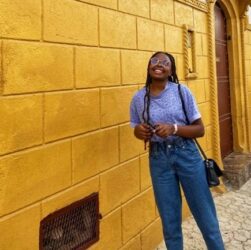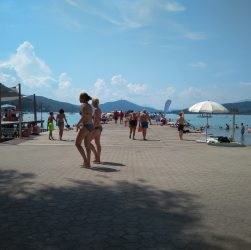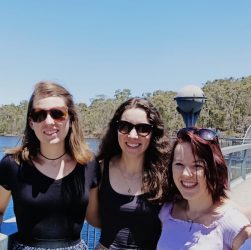Pre-Departure: Morocco ESSEC Business School was the destination, and I was beyond excited! My mind was skyrocketing with images of …


Pre-Departure: Morocco ESSEC Business School was the destination, and I was beyond excited! My mind was skyrocketing with images of …

Pre-departure I attended the Algorithmic and Enumerative Combinatorics Summer School which took place in Hagenberg, Austria from 29 July to …

I was elated to hear that I had been chosen by the SU International Office to attend a Summer School …